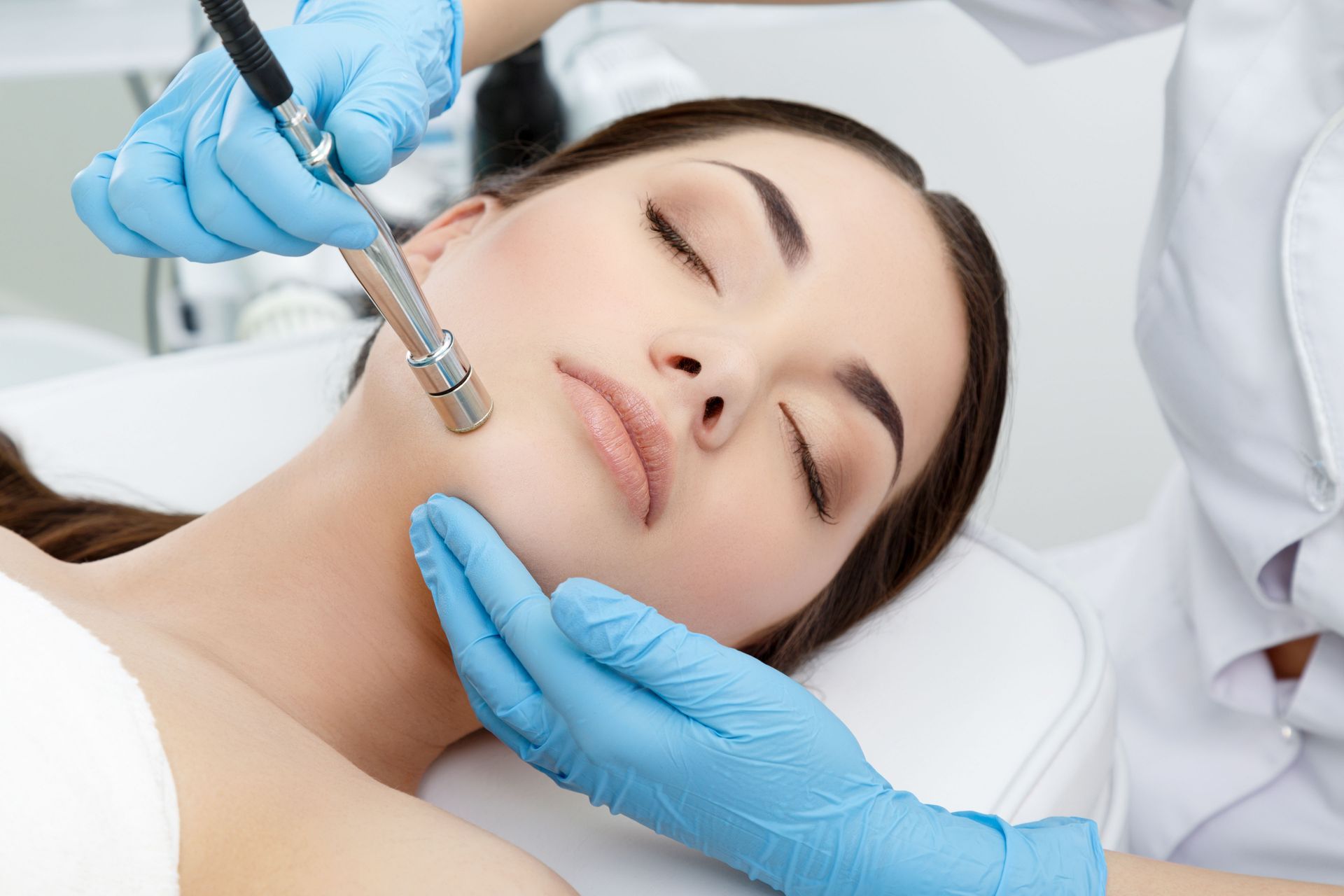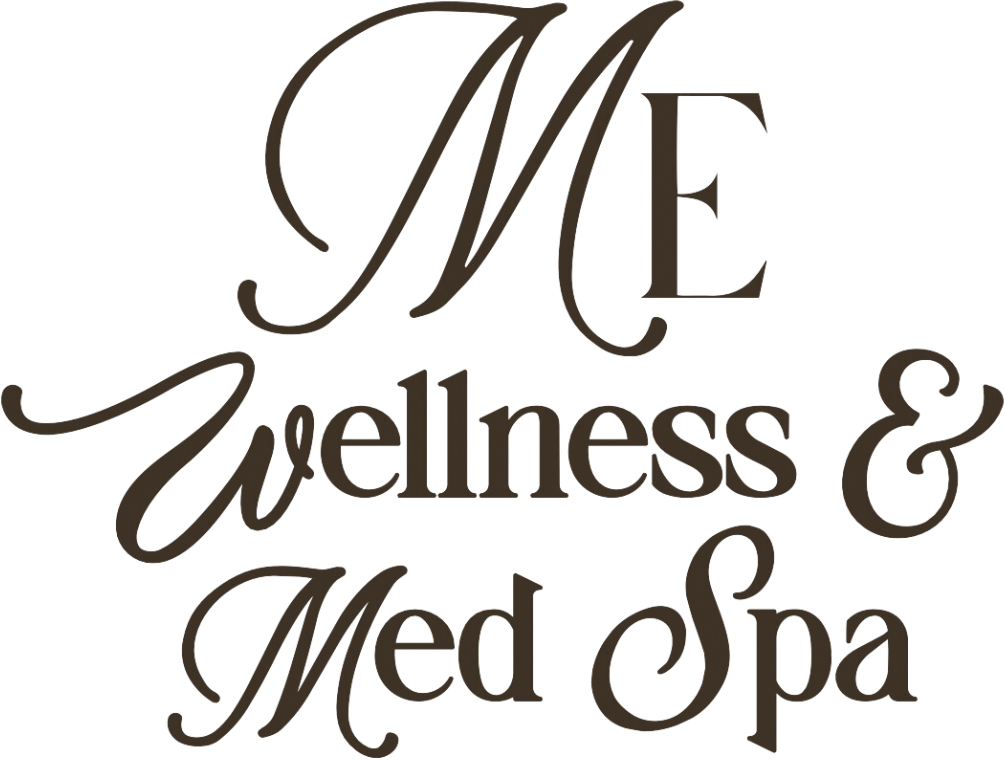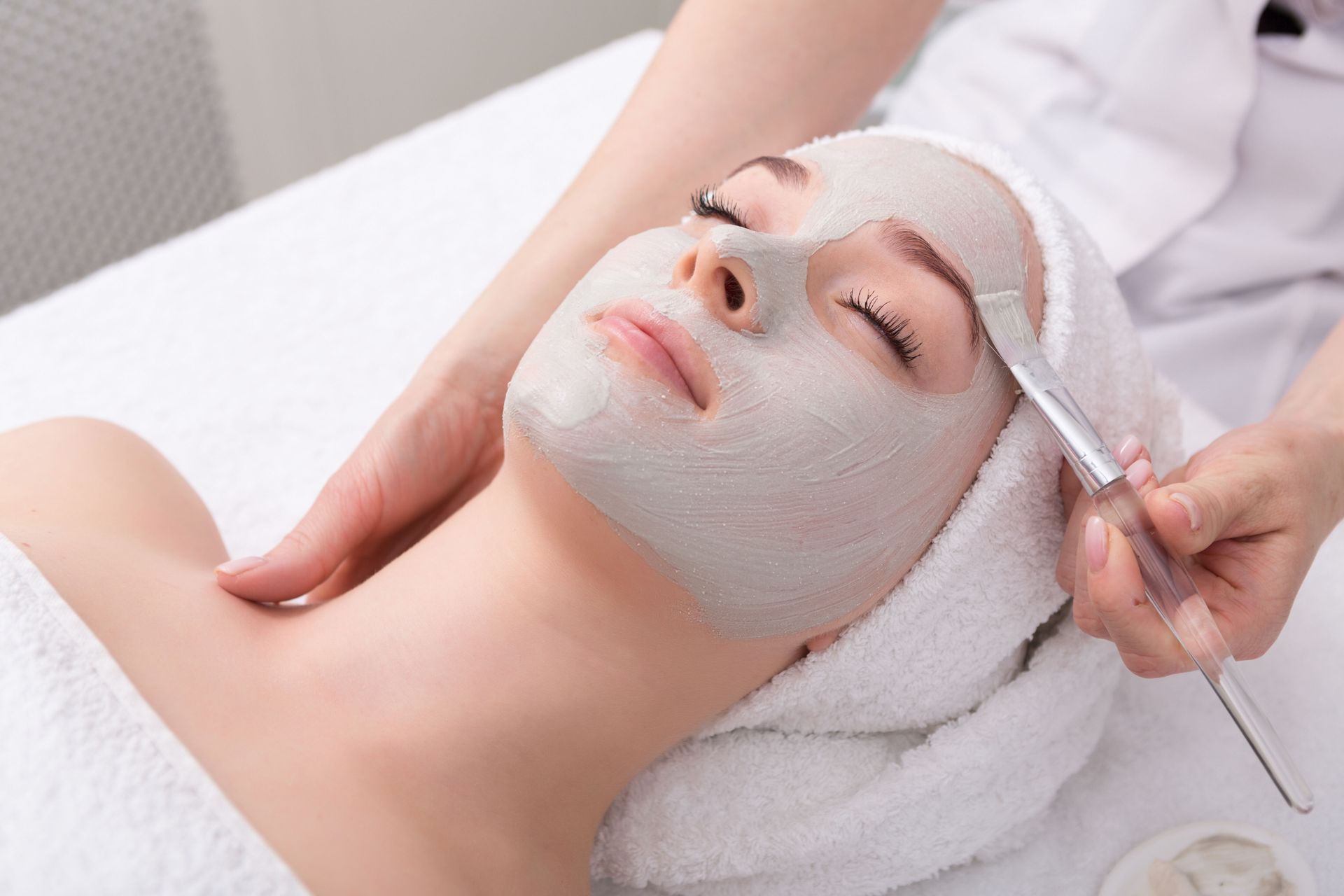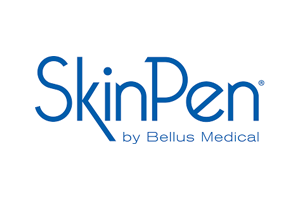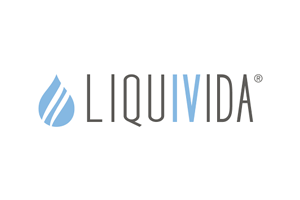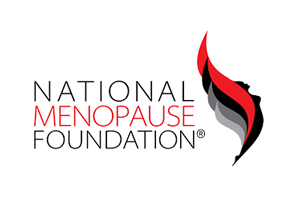November 2, 2025
How to Protect Your Skin During Seasonal Stress

We love the holidays, truly. But we also know how chaotic they can be. Between packed calendars, gift shopping, family events, rich food, late nights, and cold weather, it’s no wonder your skin can feel just as stressed as you do.
We see it every year: the uptick in breakouts, redness, sensitivity, and dullness that seems to roll in right alongside holiday stress. And we get it. Stress doesn’t just impact your mood or sleep…it shows up on your skin in real, visible ways.
So let’s talk about why that happens and, more importantly, what you can do about it.
Why Stress Shows Up On Your Skin
When you're under pressure, your body releases a cocktail of stress hormones, like cortisol and adrenaline. In small doses, they're helpful. But when you're chronically stressed (think back-to-back parties, poor sleep, and holiday to-do lists), these hormones can trigger inflammation and throw your skin’s balance out of whack.
Here’s how stress can affect your skin:
● Breakouts: Cortisol increases oil production, which can clog pores and lead to breakouts.
● Inflammation: Stress fuels systemic inflammation, which can worsen acne, eczema, rosacea, and other conditions.
● Barrier breakdown: Your skin's natural barrier can weaken, making it more sensitive, dry, or reactive.
● Slower healing: If you're breaking out, your skin may take longer to repair itself when you're stressed.
And let’s not forget what happens when you're so tired you skip your skincare routine, or when your diet goes off the rails. All of these things compound and leave your skin struggling to keep up.
What You Can Do to Help Your Skin (and Yourself)
A few simple shifts can make a big difference. You don’t need a 12-step skincare routine or a complete lifestyle overhaul. Just start here:
1. Prioritize sleep and hydration. We know, easier said than done. But sleep is when your skin repairs itself. Even aiming for an extra 30 minutes per night can help. And drink that water. Hydration supports your skin’s natural detox processes.
2. Don’t ditch your routine. Even when you’re tired or traveling, stick to the basics: gentle cleanser, moisturizer, and SPF. Think of it as your skin’s safety net.
3. Calm your nervous system. A few deep breaths. A short walk. Five minutes of stretching. It all helps bring your stress levels down, which helps bring inflammation down too.
4. Eat smart (most of the time). Indulge, it’s the holidays! But balance it with whole foods that are rich in antioxidants and healthy fats. Omega-3s, leafy greens, berries, and green tea are your skin’s best friends.
Skin Treatments That Can Help Calm Inflammation
If your skin is feeling off this season, we offer treatments that can support it, and you, during stressful times. Here are a few we recommend most:
● Soothing facials: Our calming facials are designed to hydrate, nourish, and reset your skin. We use ingredients that strengthen the barrier, reduce redness, and leave you glowing.
● LED light therapy: Red light helps reduce inflammation and promote healing. It’s non-invasive, relaxing, and especially helpful if your skin is reactive or breaking out.
● Hydration boosts: If you’re feeling dry, tight, or flaky, our hydration-focused treatments infuse your skin with moisture and barrier-repairing ingredients.
● Lymphatic facial massage: This gentle technique helps with puffiness, tension, and circulation, and let’s be honest, it just feels really good when you’re overwhelmed.
● Custom calming protocols: If you’re dealing with flare-ups or chronic skin issues like rosacea or acne, we’ll personalize a plan that combines skincare, stress support, and treatments to help your skin bounce back.
The holidays aren’t the time to stress over your skin. But if your face is telling you it’s overwhelmed, don’t ignore it. Come in, take a breath, and let us help you reset. Your skin (and your mind) will thank you.
References
Arck, P., Slominski, A., Theoharides, T. C., Peters, E. M., & Paus, R. (2006). Neuroimmunology of stress: Skin takes center stage. Journal of Investigative Dermatology, 126(8), 1697-1704.
Yosipovitch, G., Tang, M. B. Y., & Dawn, A. (2008). Stress and the skin: Therapeutic and management implications. Acta Dermato-Venereologica, 88(4), 229-233.
Zouboulis, C. C., & Böhm, M. (2004). Neuroendocrine regulation of sebocytes—a pathogenetic link between stress and acne. Experimental Dermatology, 13(s4), 31-35.
Chiu, A., Chon, S. Y., & Kimball, A. B. (2003). The response of skin disease to stress: Changes in the severity of acne vulgaris as affected by examination stress. Archives of Dermatology, 139(7), 897-900.
Dhabhar, F. S. (2009). Enhancing versus suppressive effects of stress on immune function: Implications for immunoprotection and immunopathology. Neuroimmunomodulation, 16(5), 300-317.

